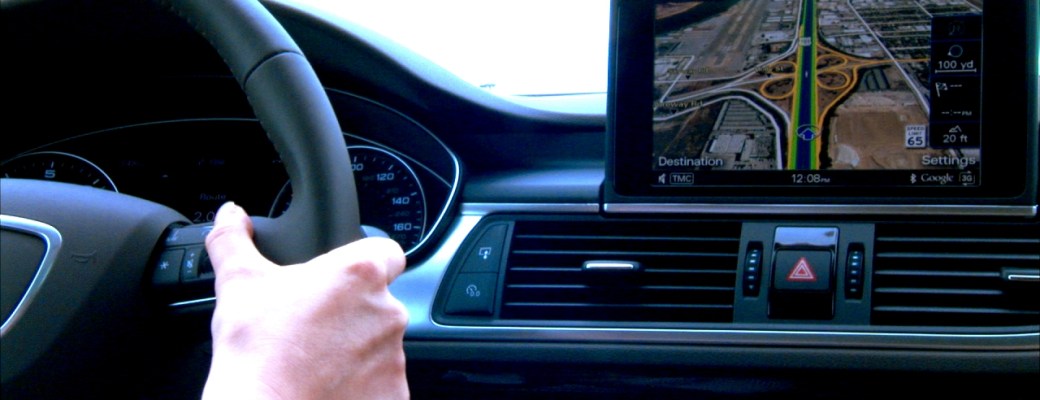Google diversifica su mercado y da el salto a la conectividad de vehículos a través de una alianza con Audi para implantar Android en sus coches
La próxima semana se celebra en Las Vegas la Feria de tecnología CES (Consumer Electronics Show), en la que estaremos muy atentos a los anuncios que se produzcan, ya que se prevé que Google y Audi anuncien su acuerdo para implantar el sistema operativo de la primera en los vehículos de la segunda. De esta forma Android gestionaría el entretenimiento de los vehículos y estaría incluido en el hardware específico del automóvil, por lo que no sería necesario tenerlo «enganchado» al smartphone. En este proyecto también está implicado el fabricante de chips Nvidia.
Como señala la revista Forbes, Audi es conocida por sus considerables inversiones en la conectividad de los automóviles. El mes pasado la compañía alemana anunció que en 2015 los vehículos Audi A3 Sedan vendrán equipados con 4G LTE, siete veces más rápido que su actual conectividad 3G. Por otro lado, Audi podría anunciar además en el CES 2014 sus nuevas tecnologías que permiten que sus coches sean conducidos de forma automática en ciertas situaciones y durante breves períodos.
No obstante, si Google quiere ser competitivo en cuanto a la conectividad de los vehículos debe dar un considerable salto, ya que el pasado mes de junio en San Francisco, durante la celebración de la Worldwide Developers Conference, la compañía Apple anunció «iOS in the car«. Sus funcionalidades de momento son considerables pero básicas: marcación, mensajería, reproducción de música, navegación por satélite, comandos de voz y lectura de mensajes Siri Eyes Free. Es en las alianzas con fabricantes de automóviles donde sin duda tiene puesto el foco: Volvo, Nissan, Mercedes-Benz, Opel, Honda, Jaguar, Acura, Chevrolet, Ferrari, Infiniti, Hyundai y Kia.
El recién abierto mercado de la conectividad de los vehículos va a ser sin duda lucrativo y estratégico tanto para las plataformas que lo ofrecen como para los fabricantes de automóviles, pero además puede jugar en papel muy importante en cuanto a seguridad y pronta respuesta en casos de siniestro. A las ya conocidas funcionalidades de los coches más modernos, que nos ayudan a aparcar o alertan de que estamos demasiado cerca del coche de delante, se suman todas las opciones que aporta el hecho de tener el coche conectado.










